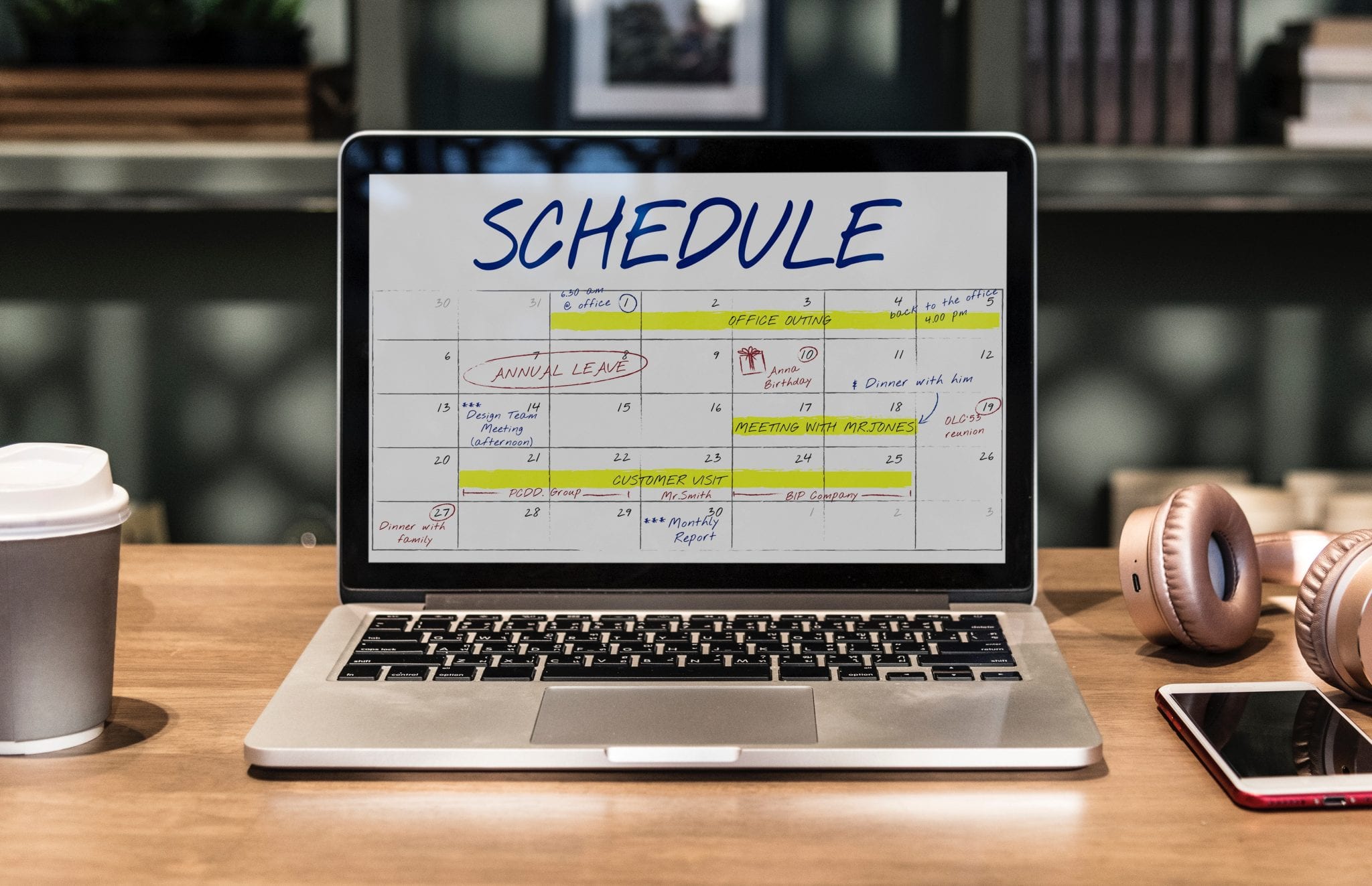
1. Event planner
One choice of careers for those who love planning and organizing is as an event planner. This profession requires the event organizer to work hand in hand with their customers as well as retailers and other parties. In this way the event planner becomes the middle man that brings everything together. They set up event and pre-event times, locations, budgets, and meeting places. In addition they must contact vendors and other providers to collect bids as well as other information. In short they handle all of the fine details that are necessary for the event to happen.Job Requirements
Potential event planners should pursue a degree in hospitality or another similar field. Of course, experience helps as well.2. Virtual Assistant
A second option as a career for those who love planning and organizing is as a virtual assistant. These persons must possess not only planning and organizing skills but also the ability to work under a lot of stress. Other qualities include being self-motivated, reliable, and able to problem solve without difficulty. Much like an event planner, a virtual assistant must be able to juggle lots of things simultaneously.Job Requirements
College degrees are not required to become a virtual assistant. You just need some basic computer skills and knowledge since you’ll be performing all of your work virtually instead of in person. Having a well-prepared resume always helps, too!3. Real Estate Agent
Planning and organizing are definitely top on the list of qualifications as a real estate agent. They have to organize their own day as well as that of multiple clients and coordinate everything with homeowners and other agents as well. Let’s not forget all of the listing information and descriptions, customer contact details, and contracts as well as other important details that have to be organized. This is why a real estate agent is a great career path for those who are detail oriented.Job Requirements
Although an academic degree isn’t required it is recommended for this type of career because communication skills are paramount to success. However, a real estate license is needed in order to have a career in this field.4. Professional Organizer
When you love the detailed work of planning and organizing why not have a career that pays you well for it? A professional organizer does just that. But pay is not the only benefit. They also get the satisfaction of knowing they are truly helping others to make their lives better. Professional organizers help others to plan and execute strategies that save them time, money, and sometimes their sanity.Job Requirements
A degree is not mandatory if someone wishes to become a professional organizer. On the job experience is just as beneficial but it can take a few years for the experience to really pay off.5. Accountant
Another of the careers for those who love planning and organizing is as an accountant. It simply makes sense that math, money, and numbers work right in with planning and organizing. Accountants, in fact, must keep track of every cent for their customers even if they have several hundred. They must also invoice, track receivables, and do many other tasks associated with the job.Job Requirements
A bachelor’s degree is usually the minimum requirement to become an accountant. To increase their salary, though, those interested in this type of career should consider becoming a CPA, or certified public accountant. Some people love to organize, plan, and schedule. These individuals should consider careers that allow them to make money and become successful doing what they love.Originally published here.








